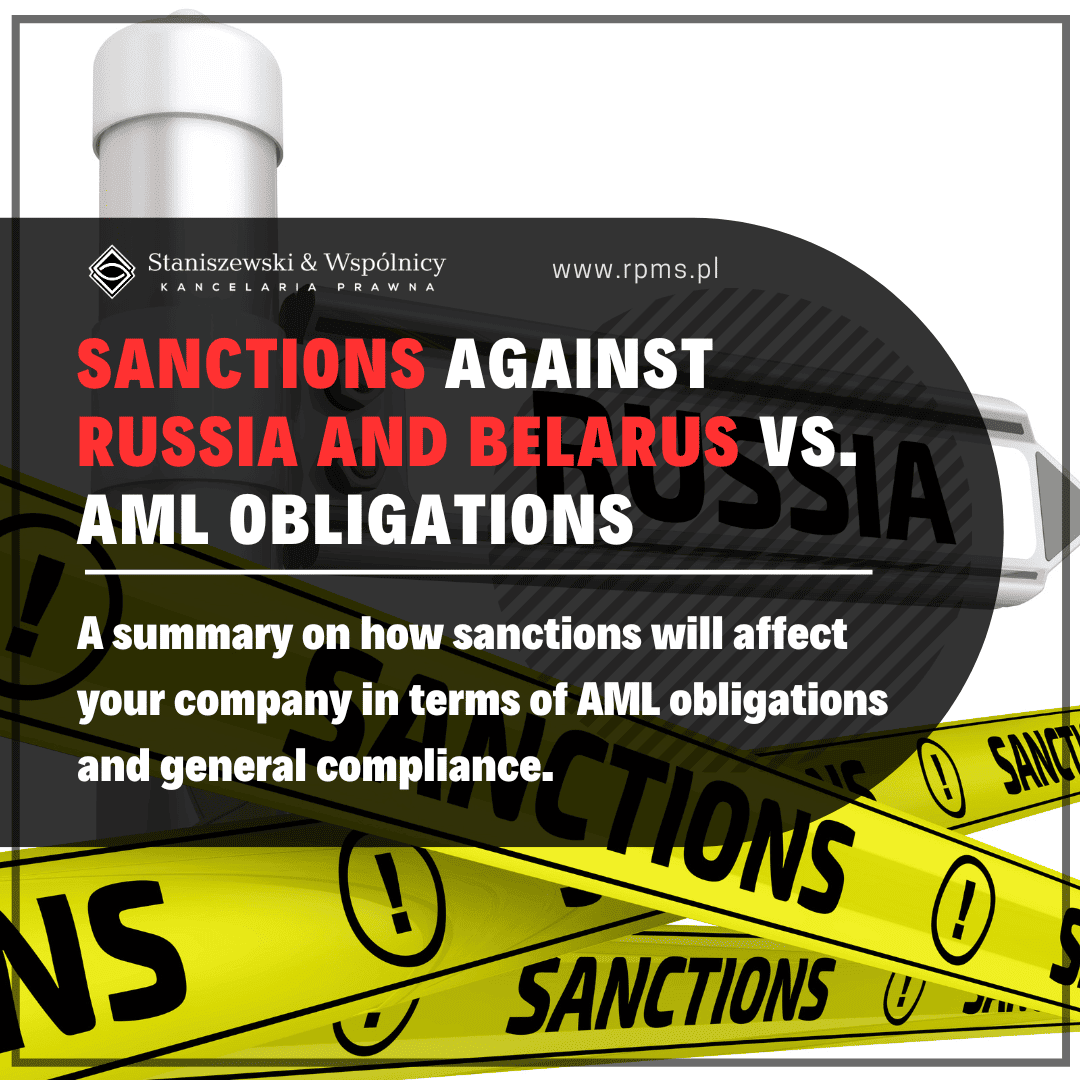Table of contents
Recovering payment for services rendered without a formal contract can be more challenging than when such a contract exists, particularly if it hasn’t been concluded in writing. Although it may pose evidentiary difficulties, it is still possible. In such cases, the process of recovering due amounts is not significantly different from that based on a formal contract.
Service rendered without a written agreement

Despite the increasing legal awareness in society, it’s still common practice not to formalize legal transactions through a written contract. Such agreements are often made verbally, during a phone call, or in a simple meeting. The reasons for not creating a written contract can vary. The most common reasons include:
- Ongoing business relationships: If prior collaborations have been effortless, and the parties trust each other, they may wrongly perceive a written agreement as unnecessary.
- Time-saving: Drafting a contract and subsequently having both parties sign it requires time that could instead be spent immediately starting the work.
- Party operating a business without proper registration.
Even without written documentation, an oral agreement creates a valid legal obligation. According to this obligation, one party is obligated to provide the specified service, and the other is obligated to pay the agreed-upon amount. But what should you do when the service has been rendered and the other party fails to make payment?
Is an oral agreement binding under Polish law?
The basis for answering the above question lies in the Civil Code. Two essential principles derive from it: the principle of freedom of contract and the principle of freedom of the form of a legal act. The first one enables the parties entering into an agreement to shape their legal relationship as they see fit. The second one states that the will of persons performing legal acts (in this case, entering into an agreement) can be expressed through any conduct that reveals their intention sufficiently. The Civil Code, however, prescribes special forms for certain actions, and in some cases, failing to adhere to them will result in the invalidity of the act. For example, a notarial deed is required for an agreement that obliges the transfer of ownership of real estate.
Considering the above, according to Polish regulations, in most cases, an oral agreement is binding, especially if it obliges one of the parties to render a service. A contracting party that falls behind with payment for a service cannot generally invoke the invalidity of the orally concluded agreement to avoid the obligation to pay the fee.

There’s an invoice but no contract

First and foremost, it must be emphasized that issuing a VAT invoice does not replace a written agreement. However, the invoice serves as confirmation of the service’s execution, its type, date of performance, the amount of remuneration – in other words, it attests to the debtor’s obligation – and the payment deadline. It contains most of the key information that should have originally been included in the agreement. It may also be signed by both parties, in which case it becomes excellent evidentiary material.
When there is no written agreement between the parties, the contractor providing the service may have difficulty proving the receipt of the order. However, the rendition of the service and the obligation to pay the remuneration remain valid. In such cases, issuing a VAT invoice is essential to confirm the above and provide evidence in any potential legal proceedings. Even in the absence of a written agreement, a contracting party falling behind with payment cannot claim a lack of grounds for issuing an invoice.
How to recover your money?
The key to recovering debts is the ability to prove the existence of an agreement. The first step is to gather all available evidence that confirms the service was provided and payment is expected. Besides a written contract, email correspondence, text messages, or witness statements can serve as evidence that an agreement existed. The rendition of the service can be confirmed using various materials and documents, such as photos or acceptance protocols. In the absence of a written agreement, a crucial document is the VAT invoice, which contains information about the service type, the remuneration amount, and the payment deadline.
The next step is amicable debt collection, which involves attempting direct contact with the debtor, often through negotiations or mediation aimed at finding a common ground for the creditor and debtor. Another option is sending a payment demand letter specifying the amount due and the payment deadline. Such a demand letter may also include a warning about the possibility of listing the debtor in one of the available Debt Registers.
If all the above methods fail, consider taking legal action by filing a lawsuit in court. In such a case, it is advisable to consult a law firm with a specialized department dedicated to debt collection cases. They will first assess whether the documents available in the case are sufficient and whether obtaining a payment order based on them is possible. As mentioned earlier, due to the lack of a written agreement, the case may be challenging but not impossible.
Next, a lawsuit will be prepared. In cases without written agreement as evidence, there are two types of proceedings to choose from that can result in a payment order: traditional court-based writ-of-payment proceedings or electronic writ-of-payment proceedings conducted through an IT system.
A meticulously prepared lawsuit, supported by the appropriate evidence and a solid justification, can ensure the swift issuance of a payment order, which the debtor must comply with. If the debtor still fails to pay, the creditor, after obtaining an enforcement clause, will have the right to submit an enforcement request to a bailiff who will forcibly recover the debt.
Proving claims based on oral agreements can be challenging. In the future, it is advisable to enter into written agreements, even if they seem unnecessary. This assures both parties and facilitates the enforcement of potential claims.

FAQ
The performance of a service can be proven using all available materials and documents. These may include photographs, handover-acceptance protocols, receipts for the service, text messages, witness statements, or a VAT invoice issued for the service rendered.
Regardless of whether the contract was concluded in writing or orally, meaning whether there is compelling evidence of the existence of an obligatoryobligational relationship, it is clear from the principles of community life that payment is due for services rendered. A client attempting to avoid payment cannot invoke the invalidity of an orally concluded contract. The client may also find it challenging to rely on warranty provisions since the absence of a written agreement often leads to a lack of specific arrangements regarding the nature of the service that can be appointed to withdraw from such an agreement. The lack of a need for payment should be approached in the context of simple services performed in daily life. Despite the absence of a written agreement, few people refuse to pay for services provided by a beautician, for example.
In the case of non-payment for a service, even when the contract was not concluded in writing, steps should be taken to recover overdue payments. You can do this independently or seek professional help from debt collection companies or law firms. Due to their extensive legal knowledge, it is recommended to contact a law firm if you encounter difficulties with a non-paying counterparty.














